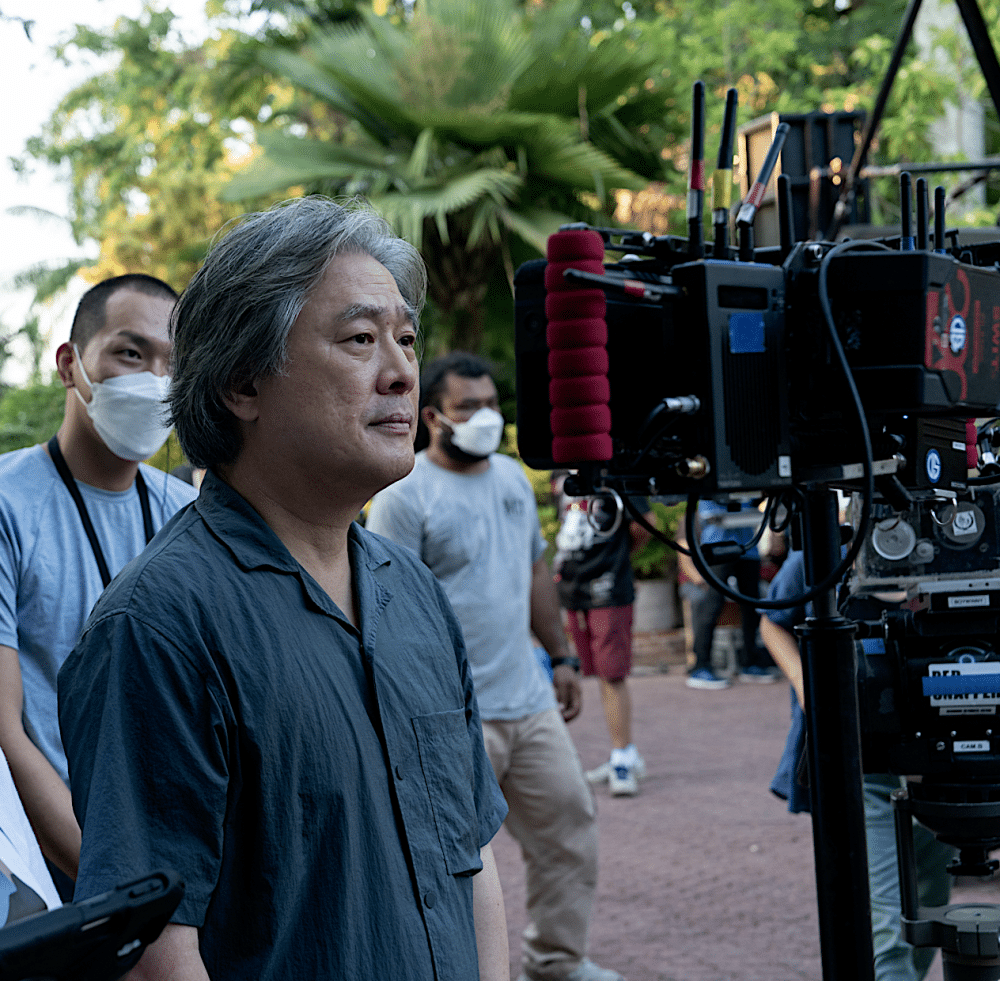One of the things that we thoroughly enjoy about unrushed interviews with celebrities is how they allow us to get to know them better, beyond the image, acclaim and first impressions.
In the case of director Park Chan-wook, we had more time to pick the South Korean auteur’s brain after our long chat about “The Sympathizer,” the TV series that A24 coproduced with HBO and HBO Go. The six-episode show wraps up its acclaimed first season today.
The Cannes-, Berlin- and Venice-winning director is known for his visually stunning, thematically provocative and often violent films, like “The Handmaiden,” “Thirst,” “Decision to Leave” and the films that make up his Vengeance trilogy, namely “Sympathy for Mr. Vengeance,” “Oldboy” and “Lady Vengeance.” But he also doesn’t mind making TV shows, like “The Little Drummer Girl.”
When we asked him what sets making movies apart from showrunning and directing TV shows like “The Sympathizer,” he began comparing them to painting and photography.
“The biggest difference when directing a TV show is you aren’t allowed an abundant number of shooting days in comparison to shooting a feature film. When you’re making a TV series, you have to continually change a script, unlike in the movies where you sort of have a finished screenplay by the time you start working. When you’re making a movie, you have months to prepare.
“In a TV show, you have to continuously modify the script even as you are shooting. So directing a TV production is more about adaptability. It’s more about adjusting to a certain speed as needed by the process.
“If I were to compare them to painting, making feature films is more like oil painting, whereas a TV show is more like painting with watercolor, where there’s more freedom—you have to be more fluid and adaptable.
“If I have to compare them in terms of photography, a feature film is like having a big camera and you put it on a tripod to shoot a landscape. But a TV show is like taking candid shots of animals or children and you have to be quick to capture the movement of your living subject.”
